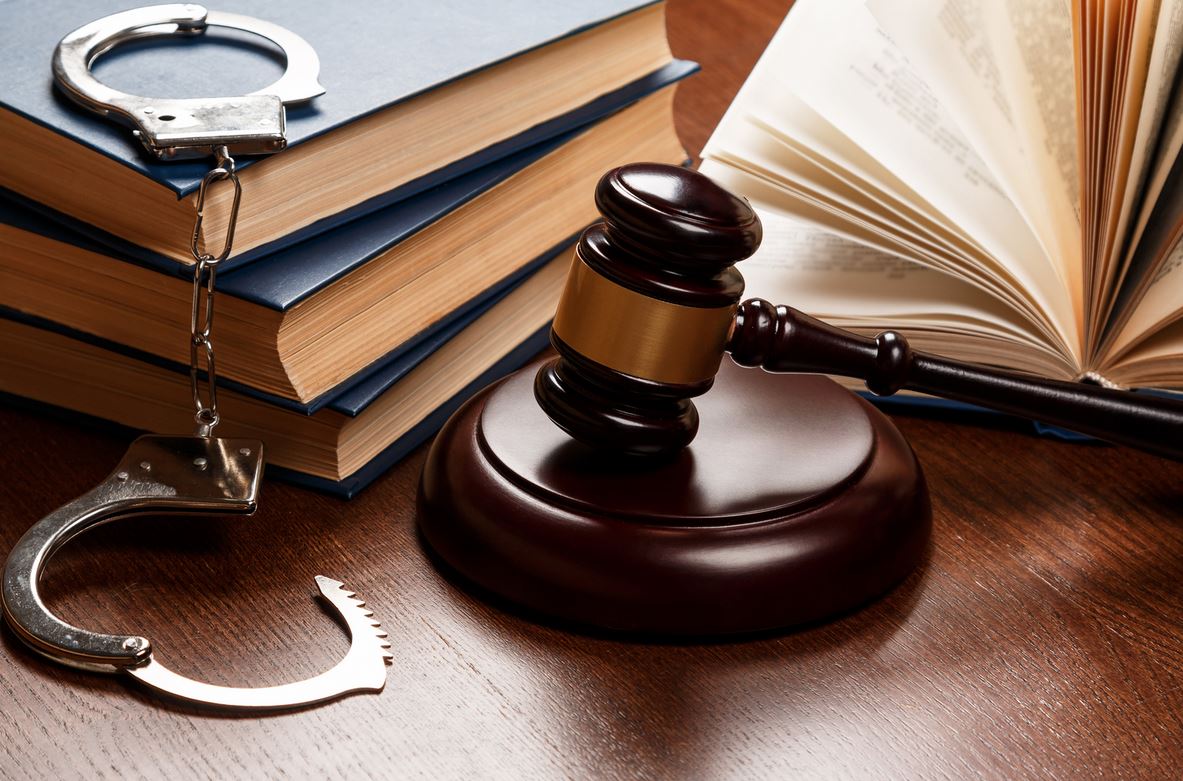Within the justice system there are a handful of key players who each have their own tasks and responsibilities that pertain to a criminal proceeding by top Sydney criminal law firms.
There is the judge, the magistrate, a plantiff, registrar, a barrister, bench clerks, the defence counsel and the prosecution.
In order for the system to function fairly for all constituents, each member has to play their unique role whilst abiding by the laws and standards established by government.
Here we will take a specific focus on the prosecution team and illustrate how this department of criminal law can win cases for the client or for the public.
Making a Charge
A charge can only be handed down once a prosecutor has shifted through the evidence and made a judgment that there is just cause to proceed. They will be privy to police reports, photographic evidence, DNA tests and witness testimony, but if they are filed and a trial is instigated, there will be other forms of evidence that come into play. The charges within the field of criminal law will vary from manslaughter to second or first degree murder, statutory rape, domestic abuse, bank fraud, battery, arson or another set of charges that pertain to the case. This assessment will often be subjective to take into account the likelihood of a conviction.
Plea Options
If a conviction is not likely, a prosecutor will sit down with the accused and lay out some potential plea options that allow all parties to bypass a lengthy and costly trial. This will still ensure that some form of punishment is handed down for the record, but it will stop short of delivering a full and comprehensive victory. In some cases these pleas will be offered under the condition that further testimony be provided that helps to convict another suspected party, or it can be used for first time offenders who do not have a track record of criminality.
Close Counsel With Victim
According to O’Sullivan Legal, the victim in these cases will often seek out professional help to ensure that justice is done, but they will need to discuss with their criminal lawyer what charges can be laid and whether or not they should take the stand and testify during a trial. These individuals are often in a fragile mental and emotional state, so providing them with advice and guidance whilst working as a strong legal advocate is the greatest role they can play for those parties.
Contacting All Relevant Parties
Having a dialogue with the defence team and the suspect with law enforcement officials and the judge who makes the determination is part and parcel of their role in the process. Prosecutors will have particular details of a case that they will keep confidential and operate discretely if they are pursuing a conviction, yet they need to be able to establish how a case will play out and discuss potential avenues where a satisfactory conclusion can occur. If the defence team is adamant of their client’s innocence and is willing to fight the charges, then it is up to the prosecution to stand their ground and produce the evidence.
Undertaking Research
A suspect cannot be convicted unless proven beyond a reasonable doubt by a judge or jury or their peers that they have committed the crime. To reach that particular point, they have to undertake extensive research to obtain evidence that supports the legal argument. The criminal law firm will already have sifted through information that will have led to the initial charges, but when the defence counsel has a chance to respond and file their own forms of direct and indirect evidence, the prosecution has to obtain documents, photographs, medical tests and anything else that will help the cause.
